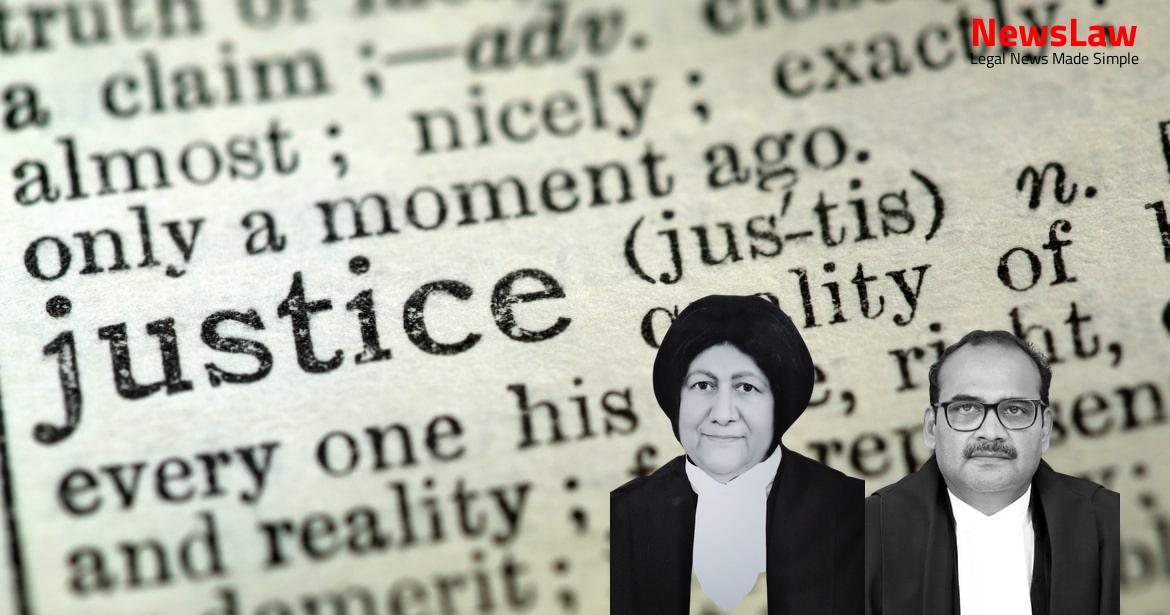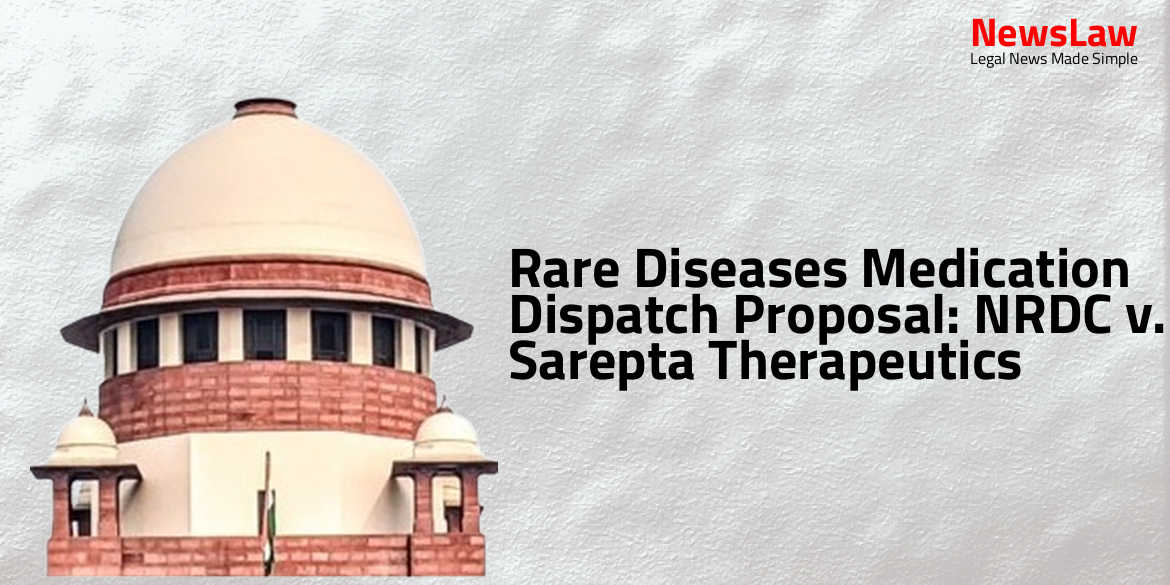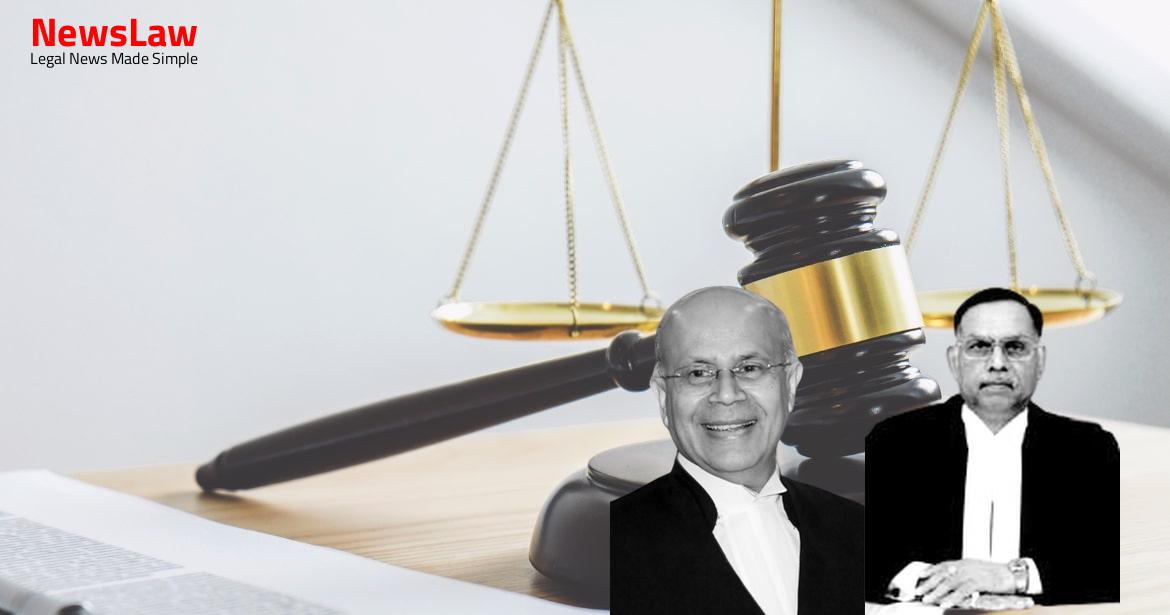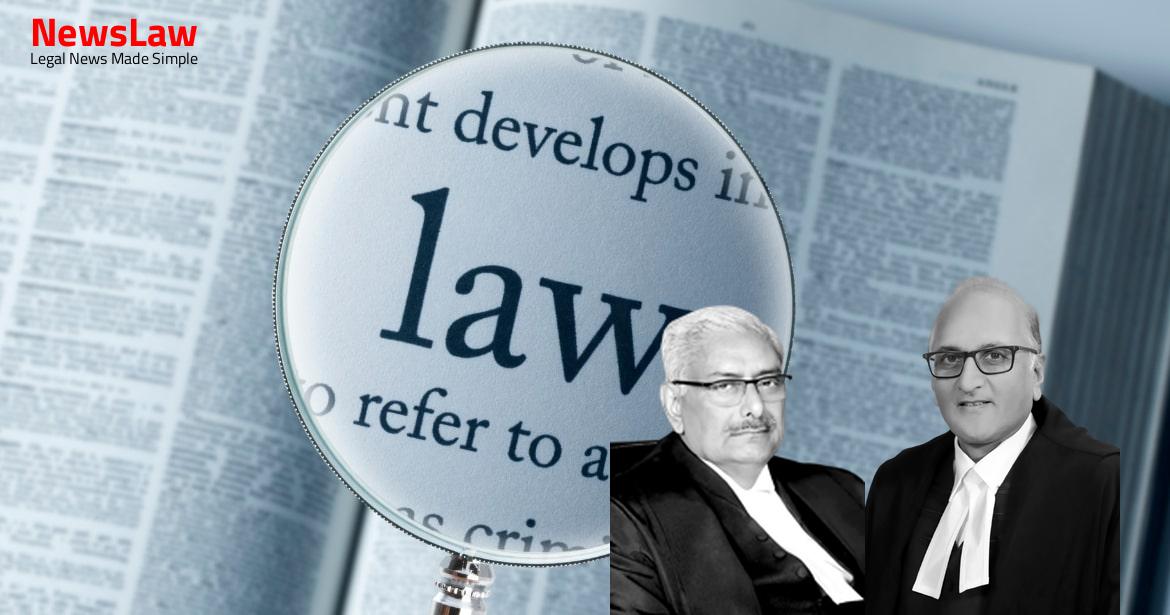The case at hand involves a detailed legal analysis of a candidate’s acquittal and rejection by the Screening Committee for government service. The focus is on understanding the implications of acquittal in criminal cases and how it influences the candidate’s suitability for employment. This blog delves into the court’s assessment of the situation, emphasizing the importance of honesty and integrity in government recruitment processes.
Facts
- The respondent applied for the post of Constable in CISF and was selected through SSC.
- He received an offer of appointment subject to certain conditions.
- The respondent disclosed his criminal case registration and subsequent acquittal while submitting documents.
- An FIR was lodged against him in 2009 for kidnapping.
- He was acquitted by the Sessions Court as the complainant turned hostile.
- 1.2013
- 27.09
- 21.1
- 2013
- 2.2013
- 3.2013
Also Read: Land Dispute: Court’s Analysis on Condonation of Delay
Issue
- The issue in this case revolves around the rejection of the respondent’s candidature by the Screening Committee.
- No allegations of malice were made against the Screening Committee.
- The respondent had been acquitted of serious charges, including kidnapping for ransom, as some prosecution witnesses had turned hostile.
- The question is whether the rejection of the respondent’s candidature should have been interfered with.
Also Read: Legal Analysis on Waiving Waiting Period in Mutual Divorce Cases
Arguments
- The petitioner contends that until the respondent is honorably acquitted from charges involving moral turpitude, interference in the decision of the Screening Committee is not warranted.
- Reference is made to the case of Inspector General of Police & Another vs S. Samuthiram to clarify the meaning of ‘honourable acquittal.’
- Mere registration of a criminal case and subsequent acquittal do not disqualify a candidate from appointment.
- The judgment of Delhi High Court in the case of Rahul Yadav vs CISF and another, 178(2011) DLT 263, highlighted the relevance of considering the situation and background of candidates from rural areas.
- The Supreme Court dismissed the special leave petition against the said judgment on 05.10.2012.
Also Read: Limitation Period Extension in IBC Case
Analysis
- Acquittal or discharge of a person does not always mean they were falsely involved or have no criminal antecedent.
- The term ‘honourably acquitted’ is not commonly used in courts of justice.
- In departmental proceedings, guilt may be proven based on preponderance and probabilities.
- Acquittal due to benefit of doubt does not necessarily lead to reinstatement unless rules specify so.
- Failure of prosecution to examine crucial witnesses or witness turning hostile leads to acquittal by benefit of doubt, not honourable acquittal.
- Nature of acquittal is crucial in determining a candidate’s suitability for government service.
- Candidates must provide true information regarding conviction, acquittal, or criminal cases to the employer.
- Order of termination or cancellation of candidature for false information should consider special circumstances of the case.
- Acquittal in a criminal case does not conclusively determine the candidate’s suitability for a post.
- Special circumstances and the nature of the offense should be considered by the Screening Committee in such cases.
- If prosecution fails to prove guilt for reasons other than ‘honourable’ acquittal, it may be treated as other than ‘honourable’.
- Standard of proof for guilt in criminal court differs from that in disciplinary proceedings.
- Employer has the right to consider the candidate’s suitability based on government orders/rules at the time of recruitment.
- Honesty and integrity are crucial qualities for candidates wishing to join the police force.
- Employer can consider relevant information even if not initially asked for, to assess the candidate’s fitness.
- Employer is not compelled to appoint a candidate even if they truthfully declare a concluded trial.
- The Screening Committee has the authority to make final decisions unless they are mala fide.
- The Screening Committee must consider the nature and extent of a person’s involvement in a crime before making decisions.
- Acquittal or discharge in a criminal case may still be grounds for the employer to assess the candidate’s fitness.
- Acquittal may not be considered honorable if there are serious flaws in the prosecution or witnesses turning hostile.
- Suppression of facts or false information can lead to cancellation of candidature.
- The Screening Committee can exclude individuals from the police force based on serious moral turpitude cases even if acquitted or discharged.
- The impugned orders passed by the learned Single Judge and Division Bench of the High Court are not sustainable in law.
- The employer has the right to consider the nature of acquittal or decide until the individual is completely exonerated, as a possibility of criminal behavior poses a threat to police force discipline.
- The Standing Order entrusts decisions in such matters to the Screening Committee, with the Committee’s decision being final unless mala fide.
- The decisions in the cases of Pradeep Kumar, Mehar Singh, and Raj Kumar support the employer’s discretion in considering candidates with criminal acquittals involving moral turpitude.
- Acquittal due to benefit of doubt or witness hostility does not automatically entitle the individual to employment, especially in a disciplined force.
- The employer has the right to consider the candidate’s candidature based on circulars issued by the Screening Committee, beyond just disclosure of alleged offenses and trial results.
- In such cases, the employer cannot be compelled to appoint the candidate, as criminal antecedents may render the individual unfit for such positions.
Decision
- The appeal is allowed
- Impugned orders are set aside
- No order as to costs
Case Title: UNION OF INDIA Vs. METHU MEDA (2021 INSC 623)
Case Number: C.A. No.-006238-006238 / 2021



